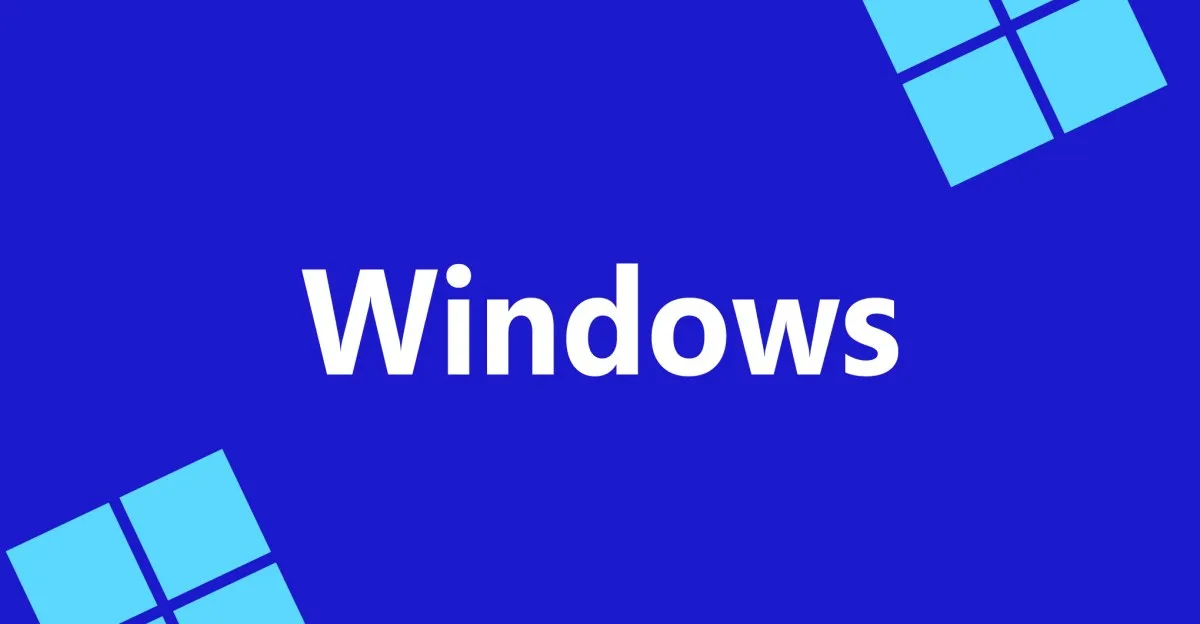
Microsoft has taken significant strides in its AI initiatives with the launch of the native Model Context Protocol (MCP) in Windows and the introduction of the Windows AI Foundry. Building on its Copilot Plus PC and Windows AI efforts from last year, this new integration sets the stage for a future where automated AI agents seamlessly assist users in their daily tasks.
Initially introduced by Anthropic, the Model Context Protocol (MCP) is an open-source standard that has been dubbed the “USB-C port of AI” applications. Similar to how USB-C connects various devices to multiple peripherals, MCP allows developers to facilitate communication between AI applications, web services, and even specific parts of Windows. Microsoft’s adoption of MCP is a crucial element of its vision to transform Windows into a platform that supports the integration of AI agents in innovative ways.
According to Pavan Davuluri, the Windows chief, “We want Windows as a platform to evolve to a place where agents are a part of the workload on the operating system.” This vision seeks to enhance how customers interact with their applications and devices, paving the way for a more integrated experience with AI technology.
To realize this vision, Microsoft is rolling out new developer capabilities that will enable the MCP framework for AI agents to access essential functionalities within Windows. A newly introduced MCP registry will serve as a secure source for all MCP servers accessible to AI agents. “Agents can discover the installed MCP servers on client devices via the MCP registry,” Davuluri explains, allowing these agents to offer valuable services to users.
In a recent demo showcasing the MCP capabilities, Microsoft illustrated how applications like Perplexity could leverage these features. Rather than manually selecting document folders, users can now simply query the MCP registry to connect to the relevant Windows file system server. This functionality allows users to conduct file searches in a more natural manner, such as requesting, “find all the files related to my vacation in my documents folder.” This enhancement exemplifies how integrating MCP servers could lead to more automated app features across Windows.
Moreover, Microsoft is actively incorporating AI into various parts of Windows. Upcoming Copilot Plus PCs will feature an AI agent settings interface, enabling users to control system settings using natural language queries. While these innovations promise to enhance user experience, they also introduce new security considerations.
The potential security vulnerabilities associated with MCP have been a point of concern. Risks such as token theft, server compromises, and prompt injection attacks have been highlighted in recent months. Microsoft recognizes these challenges and is currently offering a preview of MCP to select developers to refine its feature set and bolster security measures. David Weston, Microsoft’s vice president of enterprise and OS security, emphasizes, “We’re going to put security first,” as the company actively addresses these risks.
During the demonstration, security prompts were shown to allow AI applications access to MCP functionalities, reminiscent of Windows Vista’s UAC prompts. Getting these prompts right is crucial for Microsoft, as they need to strike a balance between security and user convenience. The last thing users want is a repeat of the overly intrusive prompts seen in previous operating systems.
In addition to the early security prompts, Microsoft is implementing various MCP security controls to mitigate potential threats. Weston outlined these measures in a recent blog post, highlighting that strict security requirements will be established for MCP servers to appear on Microsoft’s official registry. This initiative aims to prevent various attack classes while fostering a diverse ecosystem of MCP servers.
Alongside the MCP advancements, Microsoft is also positioning its AI platform within Windows under the rebranded Windows AI Foundry. This initiative integrates models from Foundry Local and other catalogs, including Ollama and Nvidia NIMs, enabling developers to access models available on Copilot Plus PCs or introduce their own models through Windows ML. This streamlined process will significantly simplify the deployment of AI applications.
In conclusion, Microsoft’s latest developments in AI through the introduction of Model Context Protocol and Windows AI Foundry mark a pivotal step towards a future where AI agents play an integral role in enhancing user experience on Windows. With a keen focus on security and user convenience, Microsoft is setting the groundwork for an innovative and interconnected digital landscape.